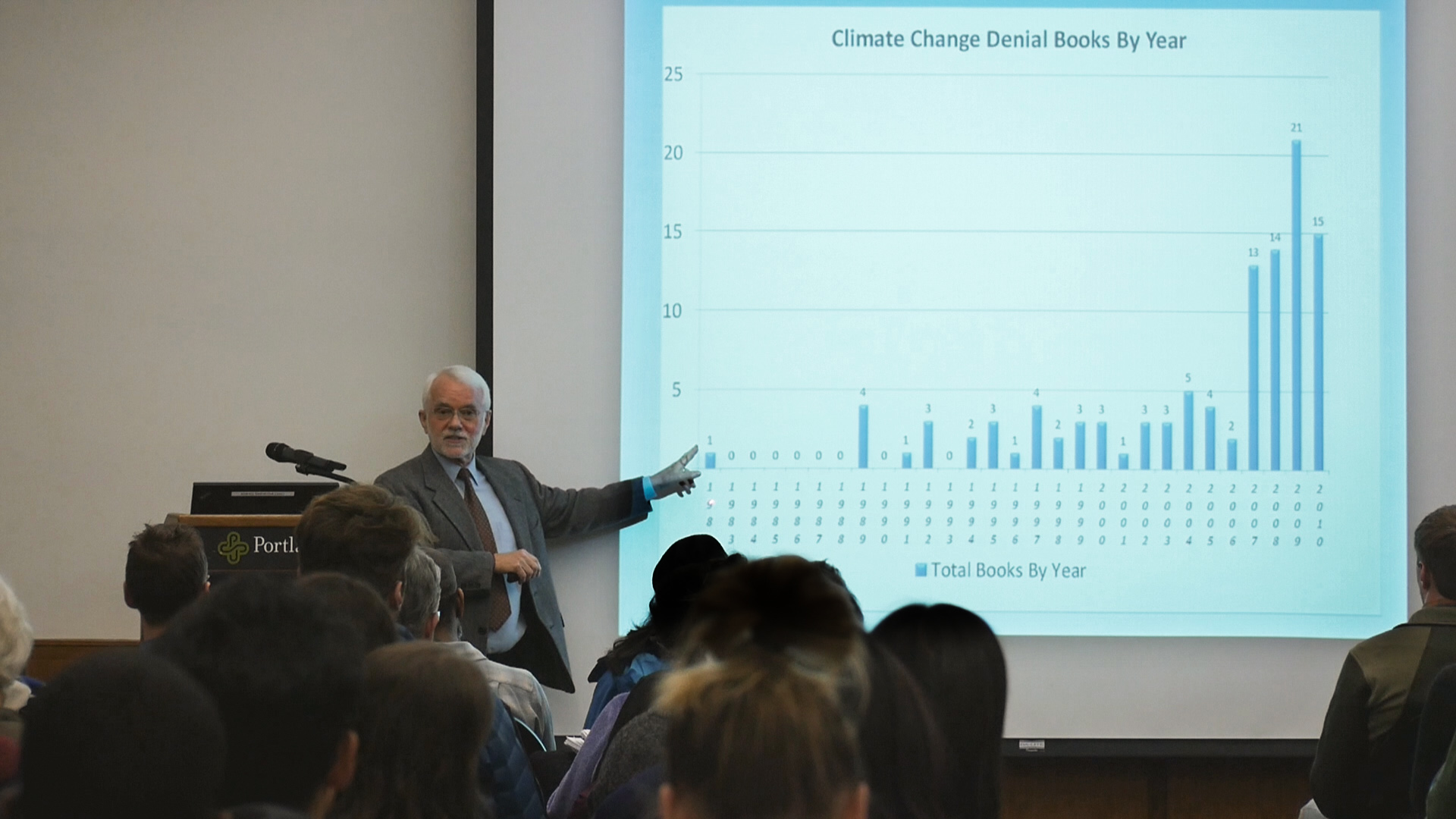The worst drought in 60 years has been ongoing in Chile since 2007, according to Al Jazeera, but scientists are now saying it may be permanent.
By the year 2030, Chile’s capital, Santiago, and other regions are estimated to see increased temperatures with some left without drinking water indefinitely. The UNFCCC reported the Chilean government has made plans to investigate in desalination plants and reservoirs to ensure water access to the public and farmers. No reports yet have been made on the progress.
“Faced with this critical situation, there is no choice but to assume that the lack of water resources is a reality that is here to stay, and that puts at risk the development of important regions of our country,” said Chilean President Michelle Bachelet in a televised speech, according to Reuters.
The drought has led to a significant decrease in copper production, higher energy prices and more occurrences of forest fires, according to the UN’s Framework Convention on Climate Change. Around 70% of Chile’s population lives in drought-prone areas, and many now struggle to maintain their livelihood through agriculture.
According to Al Jazeera, local farmers are struggling to produce enough goods to make a living, because there is almost no usable drinking water for either their livestock or the farmers themselves. The farmers are then forced to sell their animals and their land when they cannot afford to sustain the number of crops and livestock they are used to.
Lake Aculeo—a popular getaway outside Santiago—was once a 4.6 square mile lake with a depth of 20 feet. The lake’s water level began to decline in 2011 until it was completely drained in May 2018. “The need for water by crops in the adjacent agricultural area generated pressure on the lagoon,” Eduardo Bustos, director of climate change research at Catholic University of Chile told MSN.
Once a busy tourist destination during hot summer months, Lake Aculeo’s small businesses and campsites are now suffering from the lack of visitors, according to employees.
“We have been suffering drought for 10 years, and now the lake has disappeared, with tourism, camping, business, everything,” Marco Contreras, a campsite employee, told MSN.
Easter Island is another region of Chile heavily affected by the drought and by climate change. The island’s wetland areas have almost completely dried up. According to Reuters, 2017 was the island’s driest year in the island’s history. In addition to the drought, the island has seen a significant increase in the size of swells, which are eroding the land.
“It has been established the main variables [that will affect Easter Island] will be the decrease in rainfall and increase in swells,” Carolina Urmeneta, head of the climate change of the Ministry of the Environment, told Reuters.







Please correct your headline. It is inaccurate and misleading. The original Reuters headline is: “Chile suffers the worst drought in 60 years”